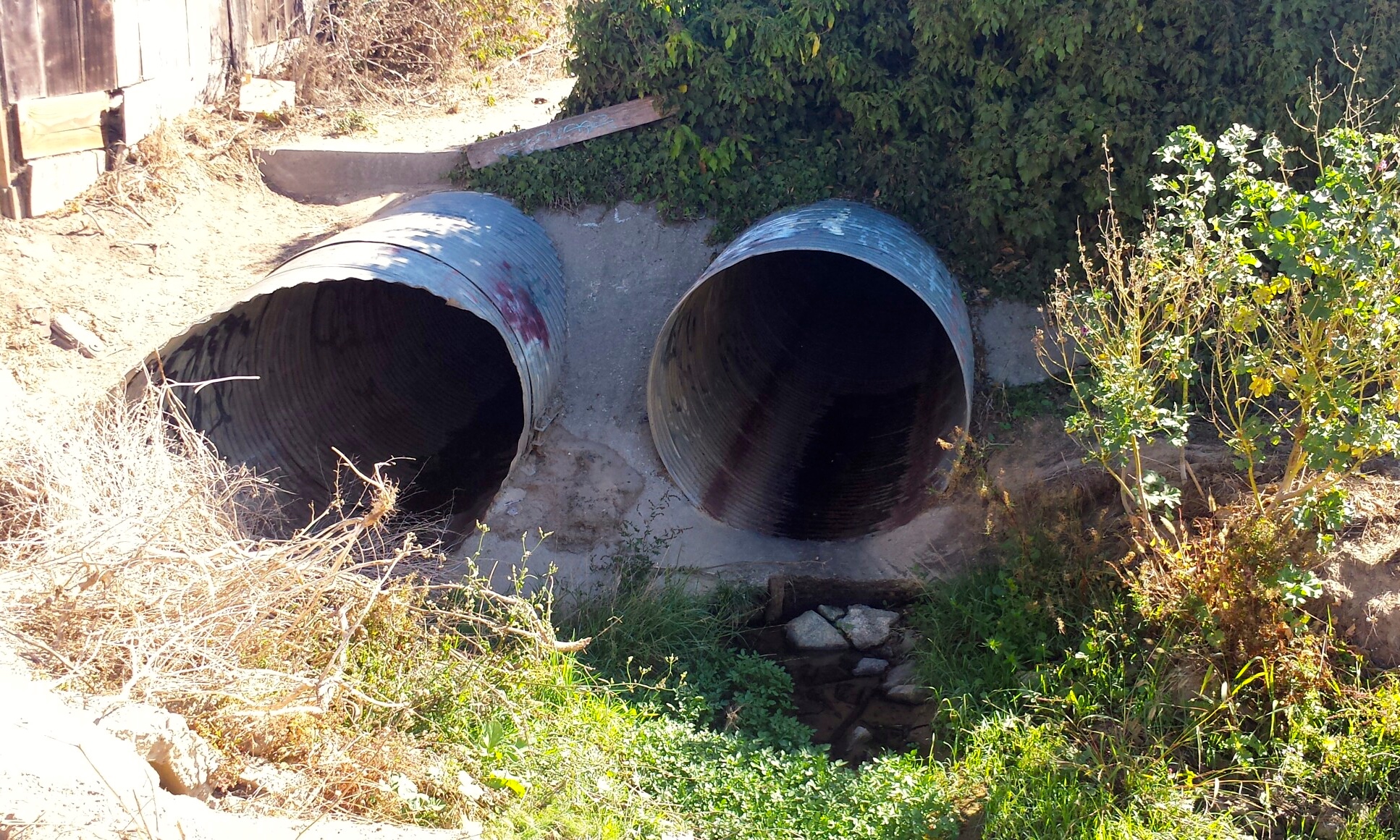Coliform bacteria refers to three different groups of bacteria: total coliform, fecal coliform, and E.coli. They are present in the environment and warm-blooded animals and humans. Each indicate a different level of drinking water quality and pose different risks to human health. The presence of bacteria indicates that water supplies may be contaminated by other harmful microorganisms.
Sources
The main source of coliform bacteria are from the recent contamination by human or animal fecal waste from:
- Improperly treated septic and sewage discharges
- Leaching of animal manure
- Storm water run-off – i.e. pet and wildlife fecal waste washes into drainages
- Domestic animals or wildlife
Impacts
Total coliform
Total coliform bacteria are a group of common bacteria in the environment - soil or vegetation - and are generally harmless to human health. Some coliforms may cause illness, and their presence indicates that other, more harmful micro-organisms are present. These may cause disease including harmful strains of coliforms, parasites and non-coliform bacteria.
These organisms may cause intestinal infections, dysentery, hepatitis, typhoid fever, cholera, gastroenteritis and other illnesses. Intestinal illness and dysentery are usually considered minor for otherwise-healthy adults. However, such illness can be fatal to infants, the elderly and those who are already ill, according to the State Water Resources Control Board.
Fecal coliform
Fecal coliform bacteria are a sub-group of total coliform bacteria and exist in the intestines and feces of people and animals. The presence of fecal coliform in drinking water indicate recent fecal contamination, and a greater risk that other pathogens are present.
E. coli
E. coli bacteria are a sub-group of fecal coliform bacteria and also exist in the intestines of people and animals. Some strains of E. coli cause serious illness, although these strains are more frequently observed in food than drinking water supplies. E. coli infection is characterized by symptoms such as abdominal cramping, diarrhea, nausea, vomiting, fatigue and fever.
Testing and Monitoring
Coliform bacteria has no taste or odor, like nitrates and arsenic, and must be detected through laboratory testing. In the state of California, no level of coliform bacteria is acceptable for drinking water. Therefore any bacteria detected can cause harmful health impacts.
Coliform bacteria are regularly tested and monitored in municipal water systems. Additionally, the EPA and the CA Department of Public Health monitor and regulate maximum contaminant levels (MCL) of bacteria.

Solutions
Unlike nitrate and arsenic contamination, boiling water can eliminate coliform bacteria. This is a short-term solution, while the source of the contamination is located and contained.
- Locate and abate source of the contamination – i.e. replace old septic system or well casing
- Disinfect well, pump and plumbing after repairs
- Install a treatment system
- Connect to an existing water system
- Drill a deeper well
References
- EPA. National Primary Drinking Water Regulations National Service Center for Environmental Publications (NSCEP). 2015
- State Water Resources Control Board, Division of Water Quality. Groundwater Information Sheet: Bacteria Indicators Aug 2008